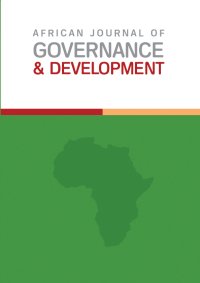A Holistic Philosophy of Emancipation and the Post-colonial African State
Main Article Content
Abstract
This work philosophically responds to what one could call the domination by the social scientific
scholarship, of the discourse of emancipation, in Africa. Using the research methods of critical analysis and reflective argumentation, the work makes two fundamental and justifiable claims. The first claim is that the concept of emancipation is significant in the human history of Africa, given its inglorious past experience of slavery, colonisation, and the existing neo-colonialism. Expectedly, given that emancipation is mainly reduced to a phenomenon of social scientific research, there is a rich and diverse scholarly discussion of emancipation as development from social sciences in Africa. However, the diverse richness of such scholarly discussion is still intellectually impoverished by the limited philosophical angle of the extant literature on emancipation in Africa and insufficient attention to some other central issues in the concept. Consequently, the second claim responds by calling for a well-worked-out, holistic philosophy of emancipation that exposes and addresses core issues in the contemporary plight of the African state, thereby attending to the problematic issue of reductionism and insufficiency of scholarly coverage in the traditional discussion of emancipation in Africa. Therefore, we attempt a discursive articulation of such a philosophy of holism as positive transformation, identifying the metaphysical, the moral, the logical, and the epistemic levels of analysis of emancipation in the post-colonial African state.
Article Details

This work is licensed under a Creative Commons Attribution-NonCommercial-NoDerivatives 4.0 International License.
